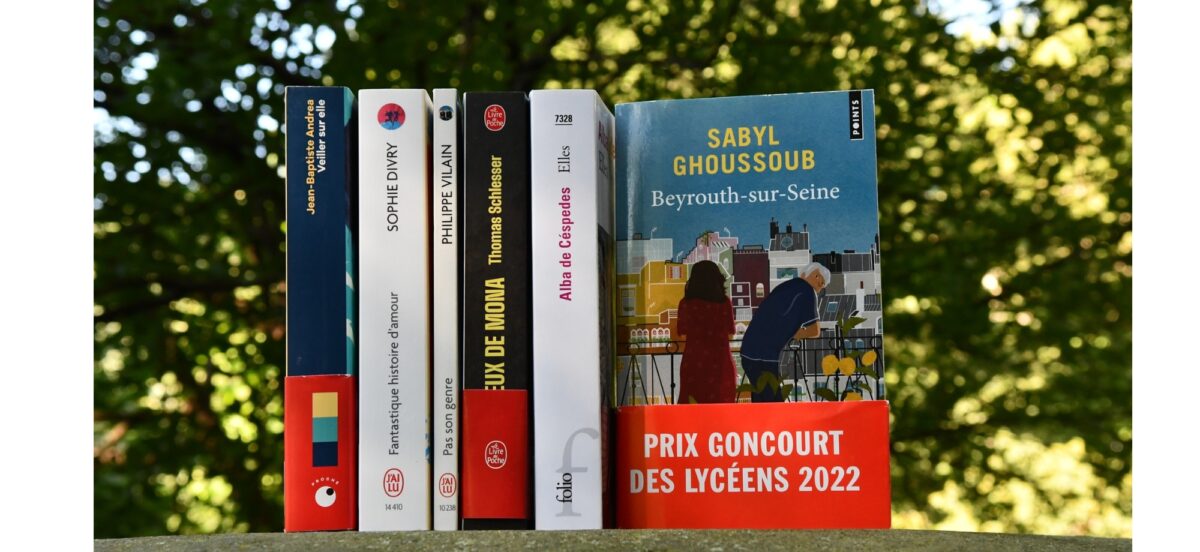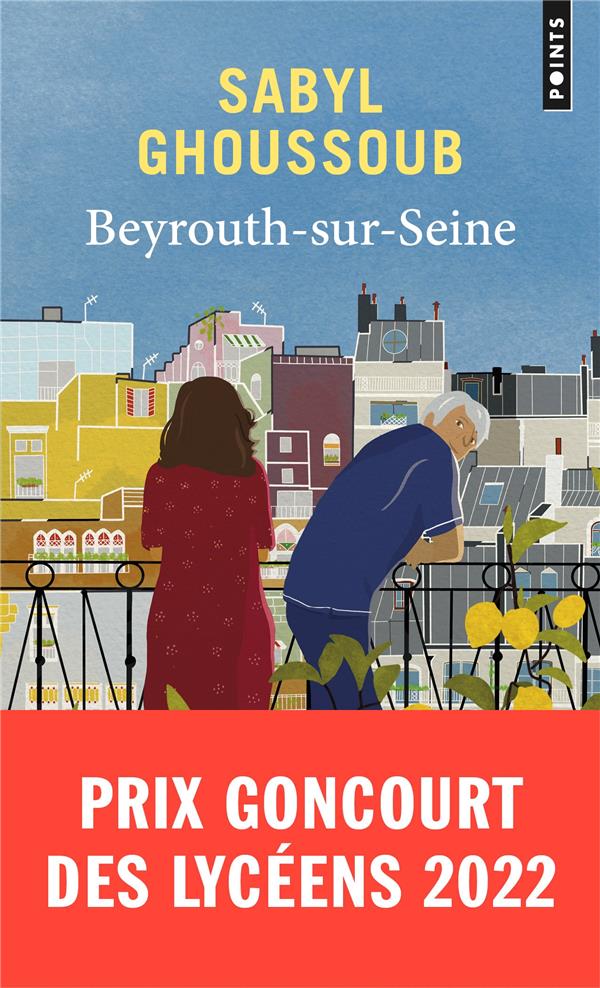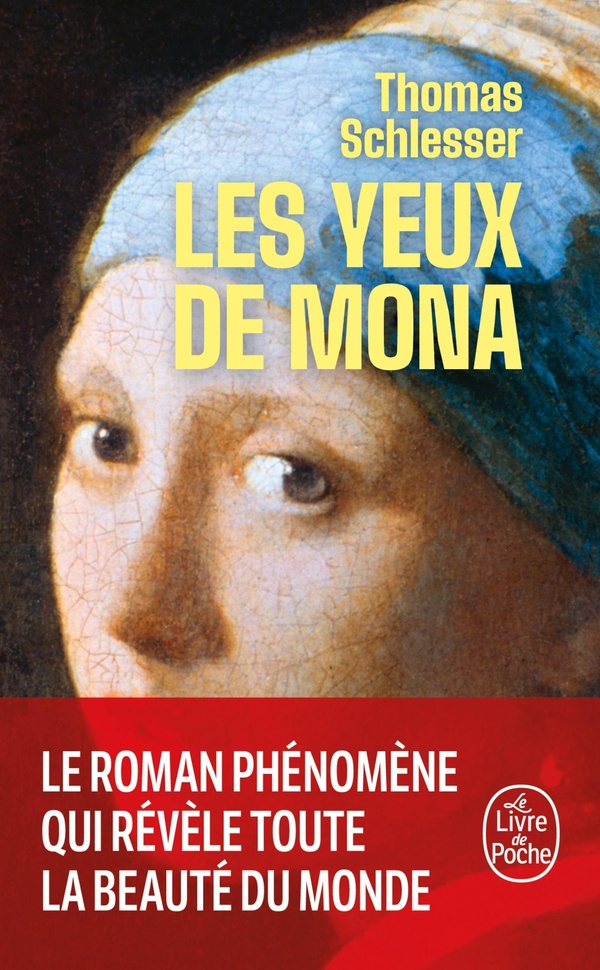Sun, Sea, and a Stack of Great Stories!

Whether you’re reclining under striped umbrellas or holed up in a breezy café, these books will transport you far beyond the horizon. Take them with you, let them keep you company.
Reading List
First published in 1949 and now beautifully reissued by Gallimard, Elles is a towering, confessional novel that helped define an entire lineage of feminist literature in Italy—and beyond. A favorite of Elena Ferrante, who hailed it as a work of “great literary intelligence,” Elles lays bare the condition subalterne of women in postwar society: the emotional, legal, and existential entrapments that make even love feel like a trap.
Told from the perspective of Alessandra, a young woman determined to speak with “pitiless sincerity,” the novel begins with a tender portrait of her mother—a once-promising pianist who sacrificed her calling to marriage—and follows Alessandra’s own journey through love, marriage, and political awakening. Against the backdrop of a fascist Italy giving way to an Americanized postwar state, Alessandra joins the Resistance, but finds her truest struggle is not carrying grenades, but preserving a shred of intimacy and dignity in her marriage. “There is more freedom for a slave than for a woman,” she observes in court—and the novel unfolds as a profound and devastating examination of that truth.
Alba de Céspedes, herself a resistance fighter and founder of the literary journal Mercurio, wrote Elles in exile in Washington, D.C.—a fact that only deepens the novel’s themes of displacement, disillusionment, and the aching persistence of hope. Rediscovering this book now feels not just timely, but necessary. A masterpiece of clarity, rage, and compassion.
Elles by Alba de Céspedes (Folio, Gallimard, tr. Juliette Bertrand)
Click here to purchase this book with us
Don’t let the title fool you—Fantastique histoire d’amour isn’t your average love story. It’s a genre-bending, form-defying, and utterly singular novel where romance is only one piece of a much stranger, more ambitious puzzle. With her signature wit and poetic touch, Sophie Divry brings together a depressed labor inspector, a stubbornly principled science journalist, a blue crystal with mysterious powers, and a trash compactor with a will of its own—yes, really.
This is a love story that takes its time (a few hundred pages, in fact) to begin, and along the way, Divry delivers a sweeping social fresco of contemporary France—from burned-out bureaucrats and CERN physicists to librarians, priests, and riot police. Everyone, in some way, is investigating reality—trying to make sense of a world both deeply broken and quietly magical.
Melding realism with the fantastic, detective fiction with speculative physics, and feuilleton-style pacing with political reflection, Divry gives us a novel that’s equal parts zany and deeply human. Fans of Calvino, Perec, or Ferris will find plenty to chew on. And for those who’ve loved Divry since Cinq mains coupées, this one is a radiant confirmation: she’s one of the most quietly daring voices in French literature today.
Fantastique histoire d’amour by Sophie Divry, J’ai lu
Click here to purchase this book with us
A luminous, sculpted epic of love, art, and quiet rebellion, Veiller sur elle is the kind of novel that carves itself into your memory.
From the sun-soaked hills of early 20th-century Italy to the cloistered stillness of a mountaintop monastery, Jean-Baptiste Andrea traces the life of Mimo—an orphaned boy with a gift for carving stone and a body marked by dwarfism—who rises to become a sculptor of rare genius. At the heart of his story is Viola Orsini, the brilliant, fiercely independent daughter of a noble family who sees in Mimo not just talent, but a mirror for her own defiant spirit. Their bond, forged in youth and tested by time, war, fascism, and silence, is the emotional core of this sweeping, quietly radical novel.
Structured in interlocking timelines—Mimo’s final days in a monastery where his most controversial masterpiece is hidden, and the life that led him there—Veiller sur elle (Watch Over Her) meditates on creation, devotion, and what it means to truly protect someone: not only in love, but through memory, through sacrifice, and through art.
Winner of the 2023 Prix Goncourt, Andrea’s prose is lyrical without ornament, political without pretense. This is a novel that asks how much we can preserve—and at what cost.
Veiller sur elle by Jean-Baptiste Andrea (L’Iconoclaste)
Click here to purchase this book with us
“My parents’ life is like the war in Lebanon. The more I immerse myself in it, the less I understand.”
With this confession, Sabyl Ghoussoub opens Beyrouth-sur-Seine, a dazzling hybrid of memoir, autofiction, and political meditation that traces a family’s exile through the streets of Paris and the shadows of Beirut. To untangle the mythologies, contradictions, and silences surrounding his parents’ past, Ghoussoub turns to interviews, postcards, letters, old recordings—and to the boundless space of the novel.
What unfolds is the story of Kaïssar and Hanane, Lebanese intellectuals who arrive in France for a short stay in 1975—only for the civil war to erupt seven months later, cutting them off from home for years to come. In their Paris apartment, they rebuild a miniature Beirut, full of books, balconies, endless cups of coffee, and ferocious nostalgia. Kaïssar is a flamboyant, leftist poet who lectures at the Sorbonne and picks fights with God; Hanane is elusive, affectionate, and at times disturbingly loyal to ghosts of the past—including a cousin who took part in the Ehden massacre. Their contradictions are maddening. Their love is unshakable, their trauma, unspoken.
With short, vibrant chapters and a voice that blends biting humor with disarming tenderness, Ghoussoub captures not just the weight of inherited memory but the surreal experience of living between two worlds—France and Lebanon, war and peace, exile and return. Along the way, Beyrouth-sur-Seine becomes a kaleidoscopic reflection on what it means to belong, to remember, and to love a country that breaks your heart again and again.
Beyrouth-sur-Seine is an unforgettable portrait of family, fracture, and the absurd, painful beauty of trying to make sense of it all. A book that stays with you—like a melody you didn’t know you knew.
Beyrouth-sur-Seine by Sabyl Ghoussoub, Points
Click here to purchase this book with us
In Pas son genre, Philippe Vilain takes a scalpel to the illusion of romantic transcendence, delivering a subtle, melancholic anatomy of a doomed affair between François, a Parisian philosophy professor, and Jennifer, a hairdresser in Arras.
She believes in horoscopes and happily-ever-afters. He theorizes about moral indeterminacy and recoils from commitment. Their encounter begins with chance, meanders through tenderness, and ends in silence—the kind that arises when social class, taste, and expectations quietly, irreparably clash.
Vilain, ever the entomologist of passion, returns to a classic theme—the impossibility of love between unequals—with fresh depth and restraint. His writing is stripped of ornament but rich in emotional ambiguity, and his narrator’s self-protective irony only sharpens the pathos. Through François’s detached introspection, we glimpse a man haunted not by what he did, but by what he refused to feel.
Pas son genre is a quietly devastating meditation on class, gender, and the stories we tell ourselves to avoid being transformed by love. Tender, cruel, precise—and impossible to forget.
Pas son genre by Philippe Vilain, J’ai lu
Click here to purchase this book with us
This incredibly buzzy debut is something like if an acclaimed art historian had written All the Light We Cannot See. Given that it’s written by a scholar and is in some ways an art history book disguised as a novel, it could easily feel didactic.
But instead it feels passionate and engaging and really captures the freshness and wonder of understanding art, the world, growing up, through the eyes of a child.
The story of a little girl losing her eyesight and her grandfather who cares for her, this book explores how art can help us interpret the world around it. Mona comes to understand not only the power of creativity but also how her own personal losses and small tragedies intersect with the arc of history.
Read more
Click here to purchase this book with us.
Les Yeux de Mona by Thomas Schlesser, Le Livre de Poche
Click here to purchase this book with us







